Black hair is unique and requires specific care to keep it healthy and beautiful. Whether you have natural or chemically treated black hair, following a proper hair care routine is essential. In this article, we will explore effective tips that will help you maintain and enhance the health of your black hair.
Busy? Save this pin for later.
Understand Your Hair Type
Understanding your hair type is the first step in caring for black hair. Black hair can vary in texture, from tightly coiled to wavy or curly. Knowing your hair type will help you choose the right products and techniques that work best for you.
When it comes to black hair, there are three main types: type 3 (curly), type 4 (coily/kinky), and type 4a-4c (tight coils). Each hair type has different needs and requires specific care.
For example, type 3 hair tends to be more prone to frizz and requires more moisture, while type 4 hair needs extra care to prevent breakage and retain moisture.
Moisturize Regularly
Moisture is crucial for maintaining the health of black hair and preventing dryness and breakage. Invest in a good moisturizing shampoo and conditioner specifically formulated for black hair.
Look for products that contain hydrating ingredients like shea butter, aloe vera, or glycerin.
In addition to using a moisturizing shampoo and conditioner, consider incorporating a leave-in conditioner into your hair care routine.
Leave-in conditioners provide an extra layer of moisture and help to seal in hydration. You can also use natural oils such as coconut oil or olive oil to lock in moisture and add shine to your hair.
You Might Also Like : Effective Hair Care Tips For Preventing Hair Loss Naturally
Avoid Overwashing
While it’s important to keep your hair clean, overwashing can strip away the natural oils that keep your hair moisturized. Aim to wash your hair once or twice a week, depending on your hair’s needs.
When washing your hair, use lukewarm water instead of hot water, as hot water can strip away even more moisture.
Choose a gentle shampoo that is sulfate-free and specifically designed for black hair. Sulfates can be harsh on the hair and scalp, causing dryness and irritation.
Look for shampoos that are infused with natural ingredients like tea tree oil or peppermint oil, as these can provide additional benefits such as soothing the scalp and promoting hair growth.
You Might Also Like : Hair Care Tips For Preventing Hair Tangles Naturally
Deep Conditioning Treatments
Regular deep conditioning treatments are essential for black hair care. Deep conditioners provide intense hydration and nourishment to your hair, helping to repair damage and improve overall hair health. Look for deep conditioners that contain natural ingredients like aloe vera, argan oil, or keratin.
To deep condition your hair, apply the conditioner evenly throughout your hair, focusing on the ends. Cover your hair with a shower cap or plastic bag and leave the conditioner on for at least 30 minutes.
For even better results, sit under a hooded dryer or use a steamer to help the conditioner penetrate the hair shaft.
Protect Your Hair While Sleeping
To prevent friction and breakage, it’s important to protect your hair while you sleep. Consider using a satin or silk pillowcase, as these materials cause less friction than cotton pillowcases. Cotton can absorb moisture from your hair, leading to dryness and breakage.
Alternatively, you can wrap your hair in a silk or satin scarf or use a silk bonnet to keep your hair protected and maintain its moisture.
In addition to using protective bedding, it’s also helpful to pineapple your hair before bed. Pineappling is a technique where you gather your hair at the top of your head and secure it with a loose scrunchie or hair tie. This helps to preserve your hairstyle and prevent it from getting flattened or frizzy while you sleep.
You Might Also Like : Hair Care Tips For Preventing Hair Damage Naturally
Trim Regularly
Regular trims are vital for maintaining healthy black hair. Trimming helps to remove split ends and prevent further damage. Aim to trim your hair every 8-12 weeks, or as needed, to keep it looking fresh and free from split ends.
When trimming your hair, it’s important to use sharp, professional scissors. Dull scissors can cause more damage to the hair, leading to frayed ends and breakage. If you’re not confident in trimming your own hair, it’s best to visit a professional stylist who specializes in black hair.
Avoid Excessive Heat Styling
Excessive heat can cause damage and weaken black hair. Minimize the use of heat styling tools like flat irons, curling irons, and blow dryers. When using these tools, always apply a heat protectant spray and use the lowest heat setting possible.
Instead of using heat to style your hair, consider alternative methods such as air-drying, twist-outs, braid-outs, or roller sets. These styles can create beautiful, defined curls and waves without the need for heat. If you do use heat styling tools, make sure to use them sparingly and always follow up with a deep conditioning treatment to replenish moisture.
You Might Also Like : Hair Care Tips For Split Ends
Protective Styling
Protective hairstyles can help minimize breakage and promote hair growth. Styles such as braids, twists, buns, or wearing wigs and extensions can protect your hair from environmental damage and reduce manipulation, allowing it to grow and thrive.
When choosing a protective style, it’s important to consider the health of your hair and scalp. Avoid hairstyles that are too tight or pulling on the hairline, as this can lead to traction alopecia. Opt for looser styles or use protective accessories like scrunchies or satin hair ties that minimize damage and prevent hair breakage.
Massage Your Scalp
Massaging your scalp regularly promotes blood circulation, which stimulates hair growth. Use your fingertips to gently massage your scalp in circular motions for a few minutes each day.
You can also use natural oils like peppermint or rosemary oil to enhance the massage and nourish your scalp.
Scalp massages not only feel relaxing, but they also help to distribute the natural oils produced by your scalp, keeping your hair moisturized.
Additionally, massaging your scalp can help to alleviate dryness, itchiness, and flakiness. Consider incorporating scalp massages into your hair care routine to promote overall scalp health and encourage hair growth.
You Might Also Like : Hair Care Tips For Oily Hair
Avoid Tight Hairstyles
While stylish, tight hairstyles like ponytails, buns, or braids can cause tension and damage to your hairline. Opt for looser styles or use protective accessories like scrunchies or satin hair ties that minimize damage and prevent hair breakage.
When styling your hair, be mindful of the tension you’re applying to your scalp and hairline. Avoid hairstyles that pull too tightly or use excessive amounts of hair extensions or accessories.
If you do choose to wear tight hairstyles occasionally, make sure to give your hair and scalp a break in between to prevent damage.
Limit Chemical Treatments
Chemical treatments such as relaxers, perms, or color treatments can weaken black hair if not done carefully. If you choose to use these treatments, ensure they are done by a professional hairstylist who understands the specific requirements of black hair. Additionally, give your hair ample time to recover between treatments.
Before undergoing any chemical treatments, it’s important to consult with a professional stylist who can assess the health of your hair and determine if it’s suitable for the treatment.
It’s also crucial to follow the aftercare instructions provided by the stylist to minimize damage and maintain the integrity of your hair.
You Might Also Like : Hair Care Tips For Women
Protect Your Hair from the Sun
Exposure to the sun’s harmful rays can cause dryness and damage to black hair. Protect your hair by wearing a hat or using products with SPF specifically designed for hair. Additionally, consider applying a leave-in conditioner with UV protection to shield your hair from the sun’s harmful effects.
When spending prolonged periods in the sun, it’s important to take extra precautions to protect your hair. In addition to wearing a hat or using SPF products, you can also opt for hairstyles that provide additional coverage, such as braids or updos.
Remember to reapply sunscreen or protective products throughout the day to ensure continuous protection.
Use the Right Tools
Using the right tools is crucial for black hair care. Invest in a wide-toothed comb or a detangling brush to prevent hair breakage while gently detangling your hair. Avoid fine-toothed combs or brushes with harsh bristles that can cause damage.
When detangling your hair, start from the ends and work your way up to the roots. This helps to minimize breakage and makes the detangling process easier. It’s also important to be gentle and patient when detangling, as rough handling can lead to breakage and damage.
You Might Also Like : Hair Care Tips For Dry Hair
Eat a Balanced Diet
A healthy diet plays a significant role in maintaining the overall health of your hair. Ensure you consume a balanced diet rich in vitamins, minerals, and proteins. Include foods like fish, nuts, fruits, vegetables, and whole grains to provide essential nutrients that promote hair growth and strength.
Incorporating a variety of nutrient-rich foods into your diet can help to nourish your hair from the inside out. Vitamins such as vitamin A, vitamin C, vitamin E, and biotin are particularly important for hair health.
Additionally, make sure to drink plenty of water to stay hydrated, as dehydration can negatively impact the health of your hair.
Stay Hydrated
Lastly, don’t forget to hydrate your body by drinking enough water. Hydration is essential for healthy hair growth and overall well-being. Aim to drink at least 8 glasses of water per day to keep your hair and body hydrated.
Drinking an adequate amount of water helps to flush out toxins from the body and keeps your scalp hydrated. When your scalp is properly hydrated, it can produce healthy hair follicles and promote optimal hair growth. Remember to make water a priority in your daily routine for the benefit of your hair and overall health.
In conclusion, caring for black hair requires a tailored approach. By following these hair care tips, you can maintain the health and beauty of your black hair, promoting growth and preventing damage. Embrace your natural hair texture, be consistent with your hair care routine, and give your hair the attention and nourishment it deserves.
You Might Also Like : Intermittent Fasting and Hair Growth: Is there a Connection?
FAQ
Q: What are the different types of black hair?
A: Black hair can be classified into three main types: type 3 (curly), type 4 (coily/kinky), and type 4a-4c (tight coils).
Q: How often should I moisturize my black hair?
A: It is recommended to moisturize black hair regularly, using a moisturizing shampoo and conditioner, leave-in conditioner, and natural oils.
Q: How often should I wash my black hair?
A: Aim to wash your black hair once or twice a week, using a gentle sulfate-free shampoo specifically designed for black hair.
Q: How often should I trim my black hair?
A: It is recommended to trim your black hair every 8-12 weeks or as needed to remove split ends and maintain hair health.
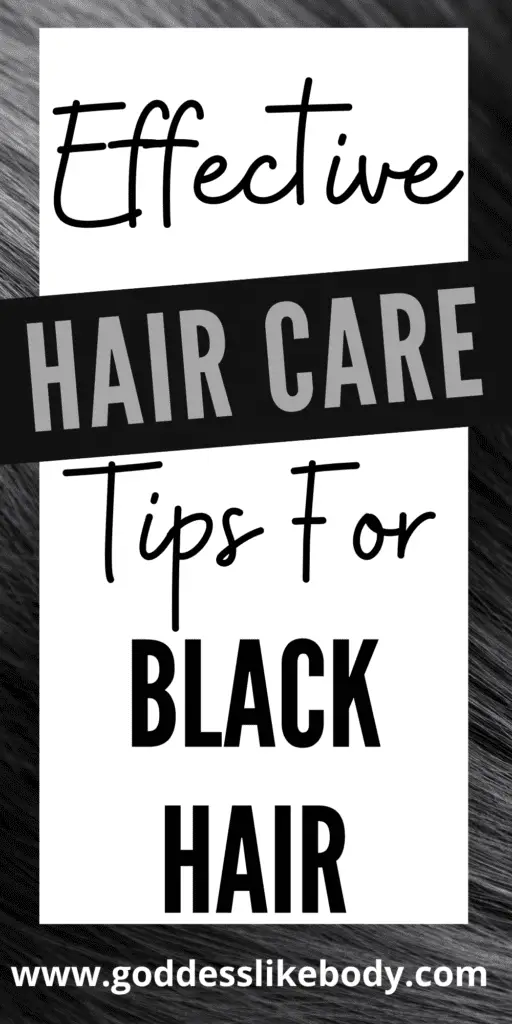

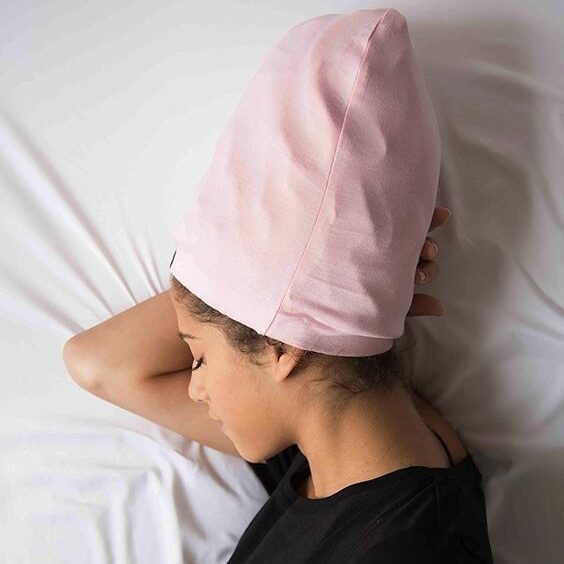

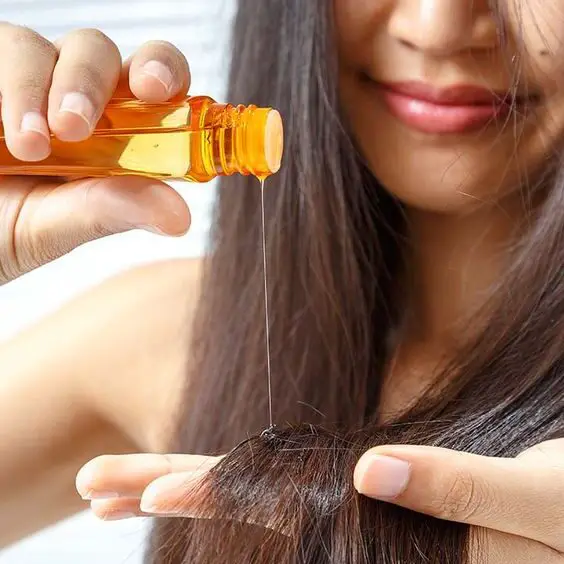
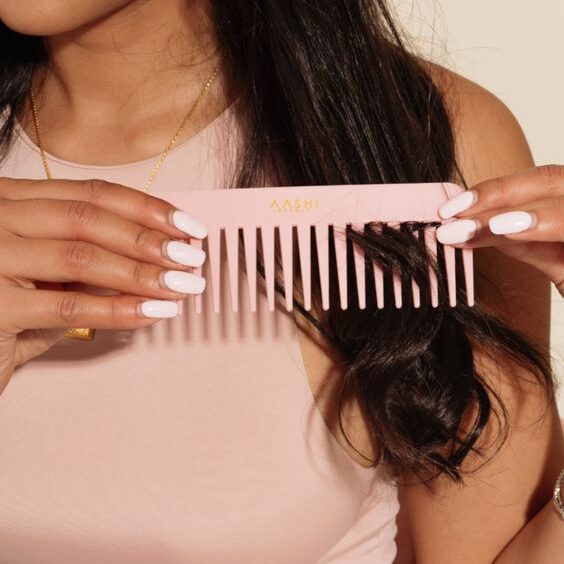

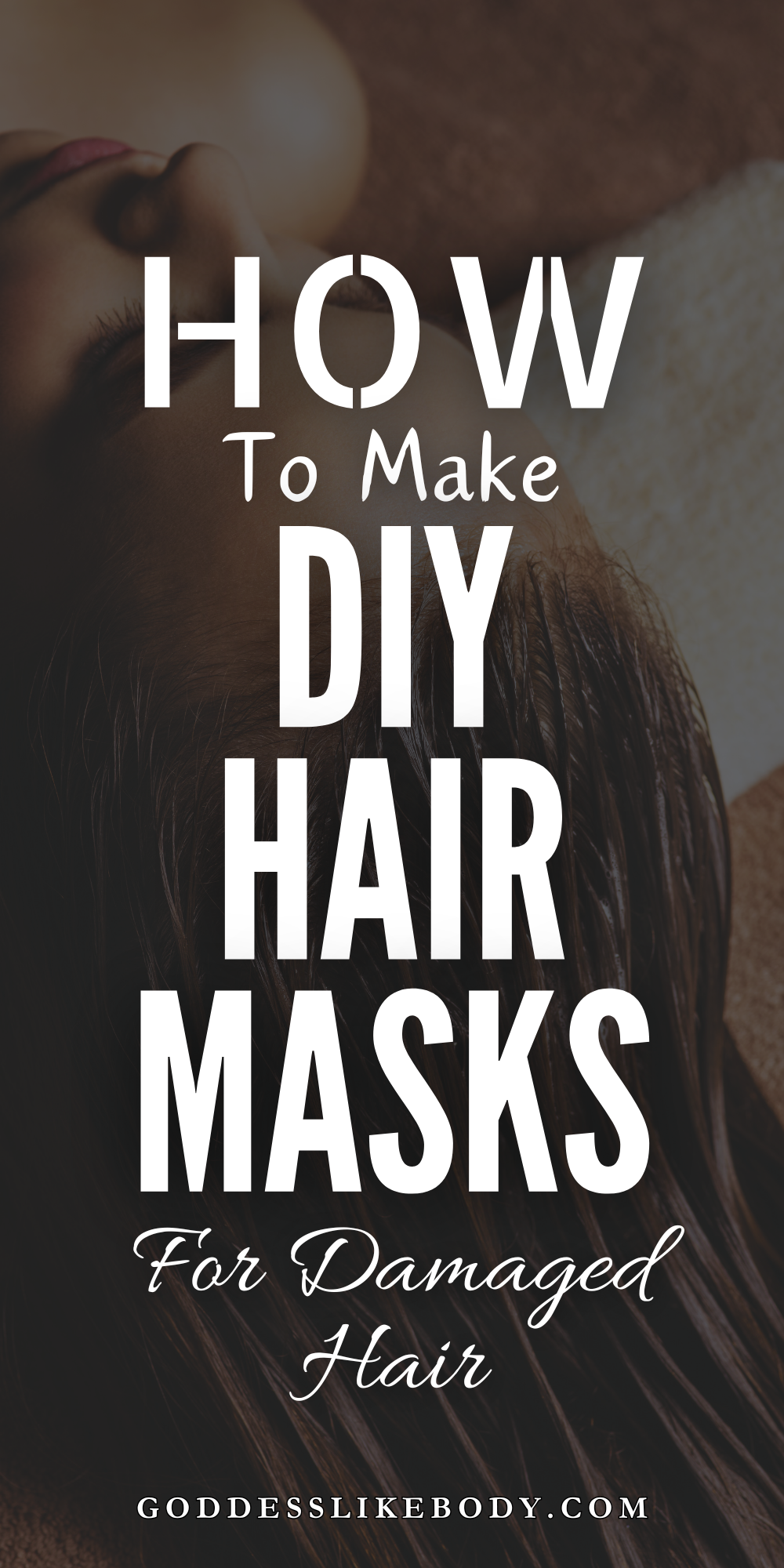
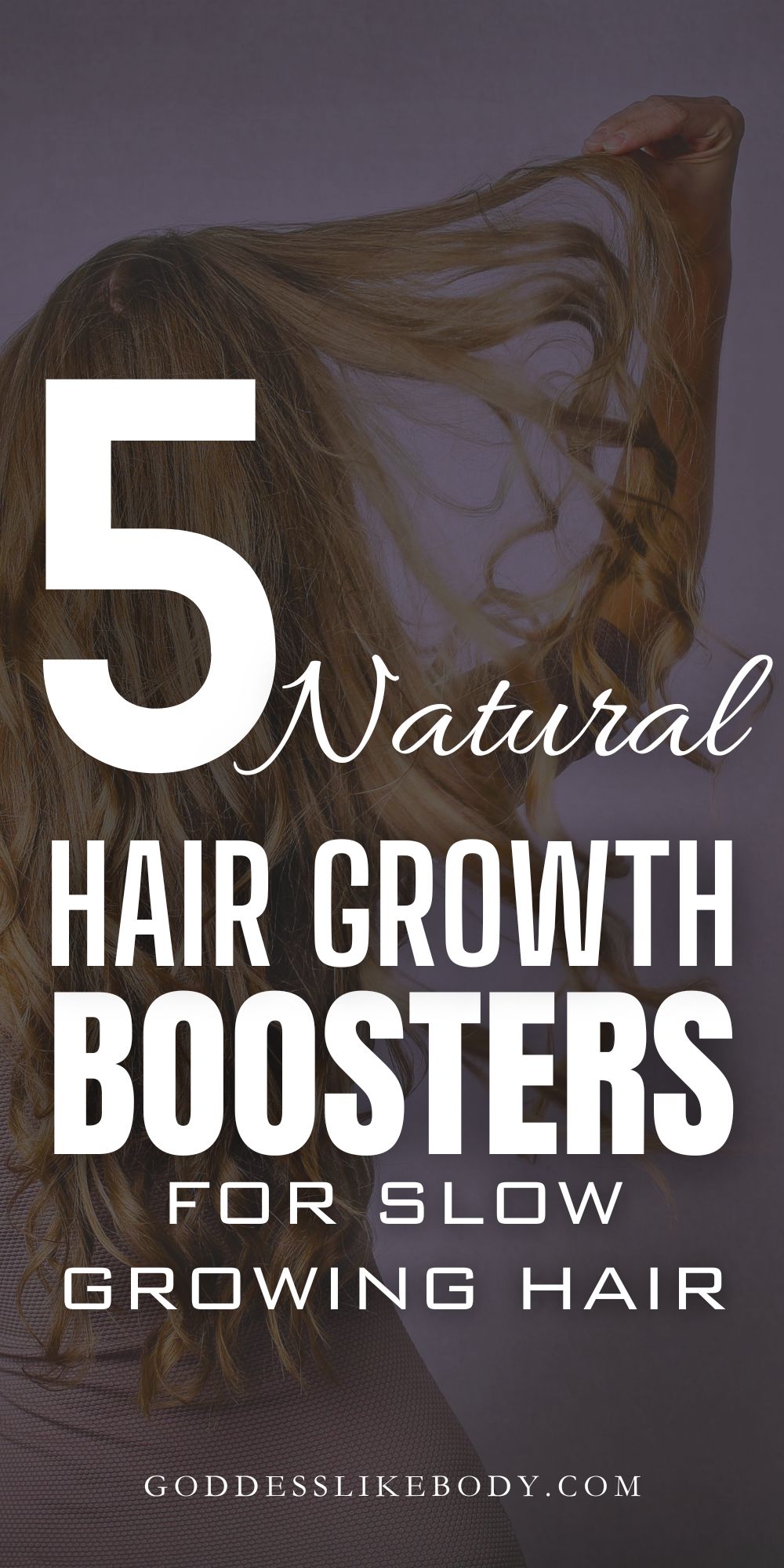
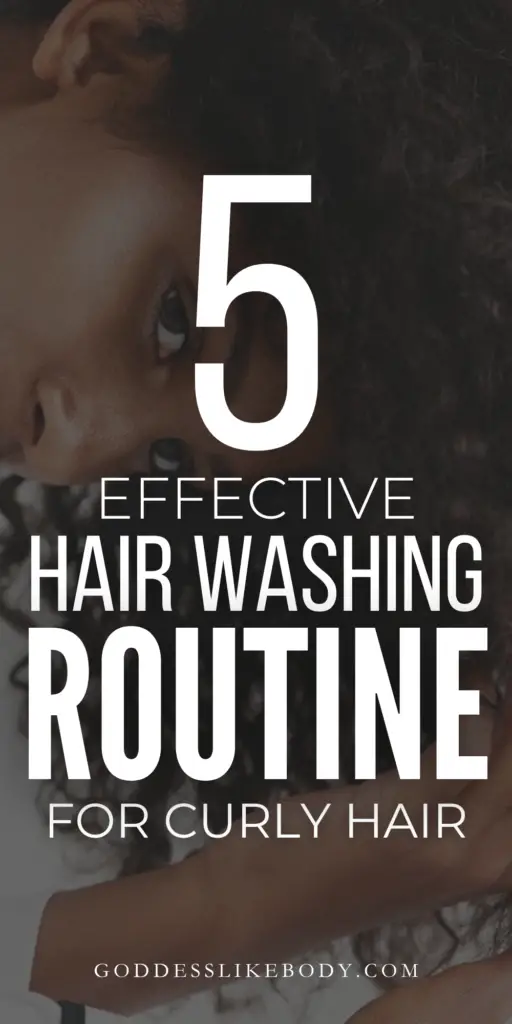
Leave a Reply
You must be logged in to post a comment.